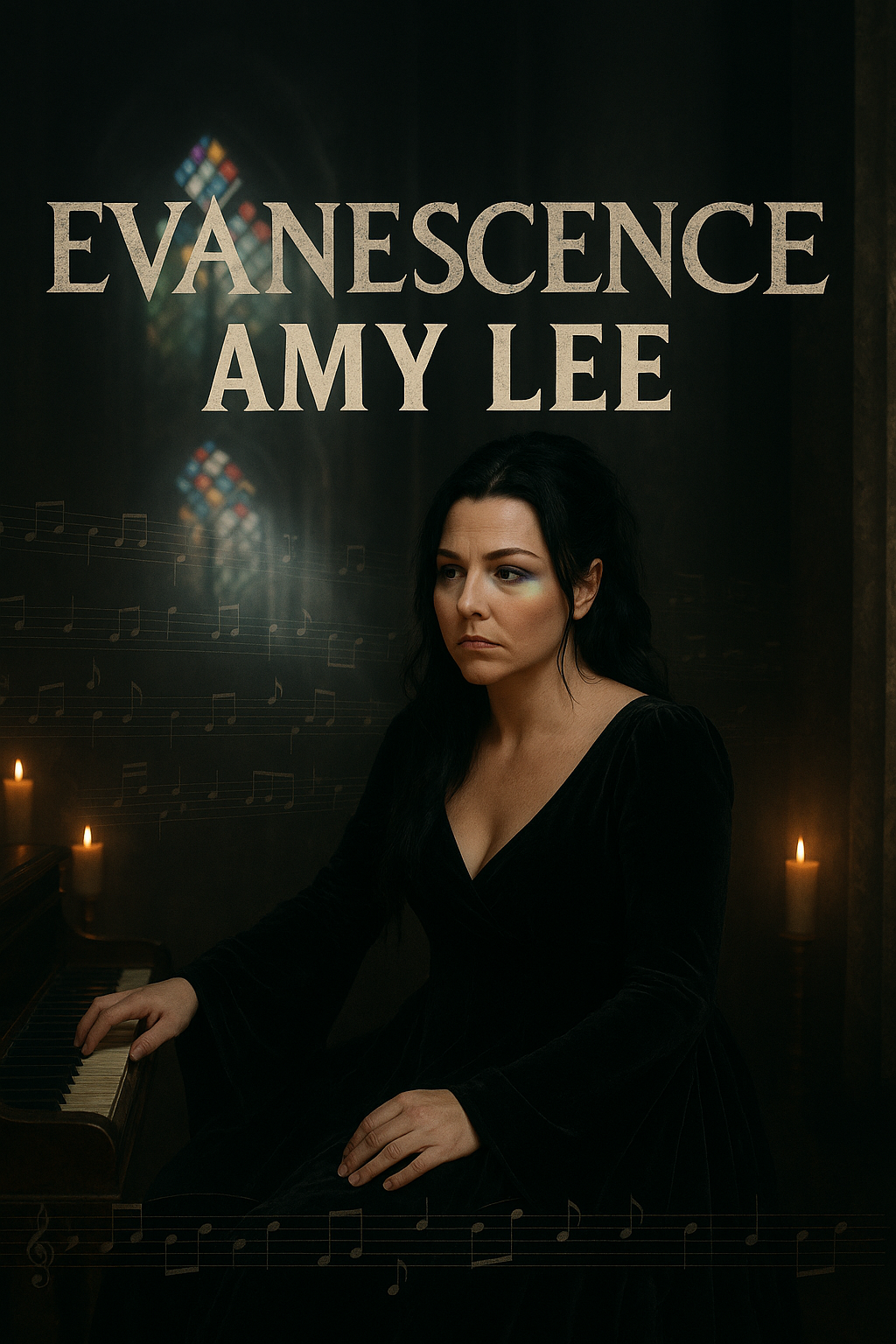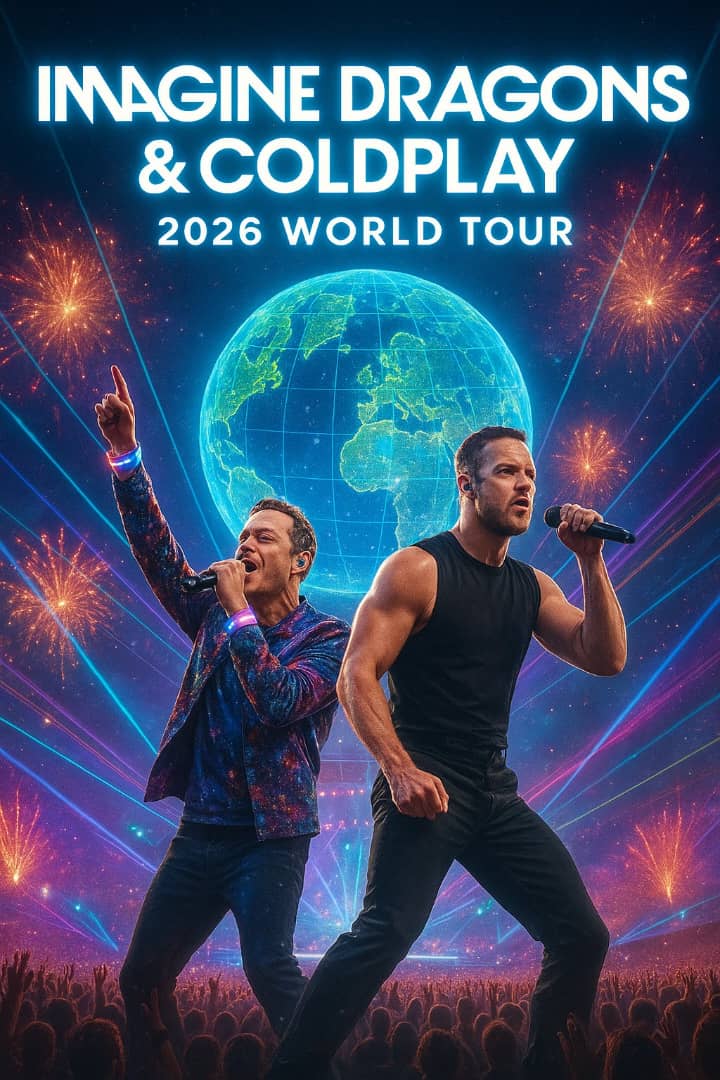Netflix has once again tapped into the emotional undercurrent of music with its latest documentary, Velvet Wounds, a soul-baring deep dive into the artistry of Evanescence frontwoman Amy Lee. From haunting piano melodies to her powerhouse vocals that seem to crack open the sky, the film explores the sorrow, strength, and strange serenity that define her music. It’s more than just a documentary—it’s an elegy carved in minor chords.
Opening with grainy home video footage of a young Amy tapping away at her childhood piano, Velvet Wounds immediately establishes its raw, nostalgic tone. Her voice, overlaid in a soft narration, guides viewers through her early memories of love, loss, and longing. This vulnerability becomes the spine of the film, refusing to flinch from the tragedies that shaped her creative soul.
What makes Amy Lee’s ballads so resonant isn’t just the sadness they carry—it’s the way she turns pain into poetry. From iconic tracks like “My Immortal” to lesser-known acoustic confessions, the documentary examines how each lyric is both a scar and a gift. Through candid interviews, Amy admits that she never sought to be a symbol of sadness, only a voice for those who feel too much and say too little.
The documentary doesn’t shy away from the darkness. It addresses the grief of losing her younger sister, a tragedy that reverberates through her songwriting even decades later. Netflix weaves this emotional context with visual metaphors—flickering candles, waves crashing against an empty shoreline, and ink bleeding on a page—to paint a picture of sorrow that’s quietly cinematic.
But Velvet Wounds isn’t content with portraying Amy Lee as a figure of perpetual melancholy. Instead, it highlights her evolution. From being dismissed as a “goth girl in a man’s genre” to headlining global tours and scoring major film projects, Amy’s journey is one of reclaiming power through art. The documentary celebrates her resilience without softening her fragility.
We get intimate glimpses into her creative process—moments in the studio, late-night writing sessions, and tearful recordings where even the sound engineers pause. These scenes give viewers an unfiltered look at how heartbreak is transformed into harmony, how silence becomes a symphony. There’s a reverence here, not just for the music, but for the vulnerability it demands.
A particularly moving section of the film features testimonials from fans who credit Amy’s music for saving their lives. Their letters, read aloud while clips from concerts flash on screen, underscore the spiritual impact of her voice. These moments drive home that Amy Lee isn’t just an artist—she’s an emotional translator for an entire generation.
Throughout the film, collaborators like Ben Moody, Lindsey Stirling, and Tarja Turunen offer insight into Amy’s discipline and determination. They describe her as meticulous, often obsessive, and emotionally fearless—qualities that may have isolated her at times but ultimately carved her identity into stone.
Visually, Velvet Wounds is striking in its simplicity. Shadows and light play across Amy’s face as she speaks directly to the camera, no makeup, no pretense. In these moments, her vulnerability is almost confrontational. There’s no filter, no glossy veneer—just a woman with stories etched into her voice.
The soundtrack, curated from Evanescence’s discography and solo work, accompanies each scene like a ghost. Songs swell and retreat like emotional tides, binding the documentary together in a way that feels more like an opera than a traditional biography. The music doesn’t just score the film—it breathes with it.
By the final act, Velvet Wounds feels less like a chronicle of Amy Lee’s career and more like a quiet act of defiance against emotional numbness. It argues that there is beauty in despair, that sorrow can sing, and that vulnerability is a form of strength. It’s an invitation to feel, fully and unapologetically.
Netflix has crafted a poetic tribute to one of rock’s most enigmatic voices. Velvet Wounds isn’t just about Amy Lee—it’s about the power of music to cradle our sadness and reflect our hope. In a world that often rushes to heal, this film dares to linger in the ache—and in doing so, finds something breathtaking.



